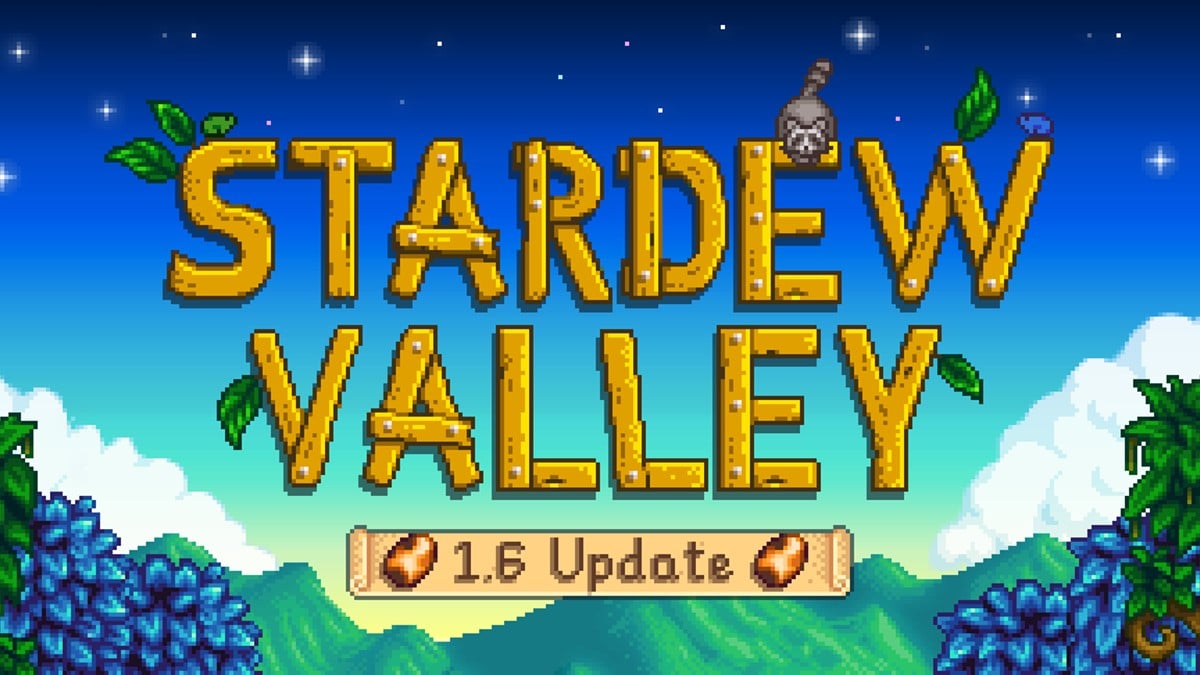Following an uproar among various gaming communities on June 18, game developers began removing a piece of software due to security concerns.
Following an uproar among various gaming communities on June 18, game developers began removing a piece of software due to security concerns.
The software in question, Red Shell, is developed by Innegrate Inc. Its main area of focus is to gauge the efficacy of marketing campaigns that developers launch in tandem with their software. Red Shell gathered this data by coming pre-installed on a variety of popular titles, such as Fatshark Games’ Vermintide and Creative Assembly’s Total War series.
After being installed, Red Shell was able to see if a user had purchased the game through a campaign launched by the developer. This information was then parsed and sent to the developers, providing an effective way to determine the success of the campaign.
At this point there doesn’t appear to be anything illicit. In fact, game and console developers often post in their terms of service that they have access to any information you supply them. The issues these various gaming communities seem to have with Red Shell is the fact that it was installed without them being notified, nor asked if they were willing to share this data. The removal of Red Shell came as a victory for consumer rights.
The outrage against software started after the passing of the General Data Protection Regulation (GDPR) on May 25, which lit digital practices aflame. The GDPR enforces a strict set of rules concerning how long companies are allowed to retain unique user data that could identify any citizens of the European Union. Internet users in the EU have been given the option of opting out of having advertisers deploy tracking cookies that log their browsing or search histories—setting a precedent for consumers to choose if they want their data to be stored at all.
People upset at Red Shell have an obvious right of feeling “violated,” as Vermintide developer Fatshark Studios described it. But in these times of seemingly ever-growing concerns regarding data storage, focusing on Red Shell is missing the forest for the trees.
Game developers are already capable of extracting vast amounts of data from users. The most notable way this is done is via a type of data called telemetry. Telemetry allows developers to see how users play their games. While this information isn’t unique or identifiable to any specific user, it informs developers on everything from the design of games to how they can increase user engagement. “Engagement” being the key word.
Design by the dollar
The word engagement has become inextricably linked to advertising in the 21st century. A click on a video or an article is all well and good, but what drives advertising revenue currently is if users interact with the page itself. Things like up or downvoting. Resharing it on social media is the de facto way of generating income on the internet today. The same is true for modern gaming.
Engagement-driven design is, perhaps, most commonly found in mobile gaming, engagement being the single-largest metric mobile developers operate by. Games live and die based on how many new users they are able to accrue, as well as how much in-game revenue the games themselves are able to generate.
By using telemetry and machine learning, mobile game developers can easily see if players stop playing at a certain point—maybe due to a boss being too hard. It can also tell if users suddenly stop purchasing certain items in the game’s store, making it easy for developers to tweak prices.
Along with this massive overview of user engagement, mobile games have garnered a rather nasty reputation for being predatory. Particularly in regards to their deployment of in-game microtransactions. Mobile games tend to be based on the “freemium” model, where users can play the game for free, but are expected to pay for in-game upgrades or bonuses in order to progress.
Understanding mobile gaming is key to grasping the modern gaming industry, which seems to be taking more and more queues from its handheld counterpart.
Last May, Battlefield developer DICE’s CEO Oskar Gabrielson, spoke about the studio shifting its focus from a regular release cycle to creating games that are supposed to last for years. During E3 2018, Ubisoft’s Alain Corre similarly said in an interview with GamesIndustry.biz that their next entry in the popular Assassin’s Creed franchise should be considered a service, rather than a game.
“When you have invested tens and tens of hours in a game, and if there are new reasons to stay because you have fresh content to come, or innovation on a regular basis, then you are happy because all of the time you have invested,” Corre told GameIndustry.biz.
The design of these games is constantly transforming. For developers, however, the most important focus will be the hardware and connectivity framework the games will operate in.
Jacked in
In 2000, one year before the release of the PlayStation 2, Newsweek was given an exclusive rundown of Sony’s revolutionary new console. While the system was steeped in high-tech functionalities of the day, like a CD/DVD reader, PlayStation executive Ken Kutagari expressed the most enthusiasm about the console’s online capabilities. “Did you see the movie ‘The Matrix‘?” Kutagari asked the reporters. “Same interface. Same concept. Starting from next year, you can jack into ‘The Matrix‘!”
As time went on, the PlayStation 2 became the most successful console of its generation, but not because of its touted online capabilities. Other challengers like Microsoft’s Xbox Live pushed the envelope in regards to online gaming, with titles like Halo and Call of Duty defining the online multiplayer experience.
Almost 20 years later, Kutagari’s vision of a “Matrix“-esque gaming landscape is approaching. Roughly one month before E3 2018, the president of Sony Interactive Entertainment, Tsuyoshi Kodera, invited a few journalists to a roundtable to discuss the next iteration of the PlayStation. His vision of the future of consoles was similar to Kutagari’s Matrix. That the proliferation of online services and gaming will radically change the idea of how we play games altogether. “We need to depart from the traditional way of looking at the console life cycle,” he said.
One month later at E3, heavy hitters at Ubisoft and Xbox sang to the same tune, with Ubisoft going so far as to say that “the next console generation will be the last.”
With both console developers and game developers now eagerly looking at redefining what the gaming experience will look like, a great leap appears to be before the entire industry. What will fuel it will be user engagement.
What will retain users in these virtual superworlds will be interactive content developed and sold by the developers. The amount of data generated in these worlds will allow game developers to adapt, and collect more user and consumer information than the industry has ever handled.
Not the “how” but the “why”
To some, gaming’s future may appear grim from a surveillance state perspective. But one doesn’t even have to look down the line to find instances of console developers already retaining a wide array of data or information on their users. From the online store, to the games, to the very interface users interact with—console developers are able to gather a plethora of information from their users. This includes which games you play and for how long, how deep into the interface you tend to browse, and even which advertisements you enjoy more.
These type of activities may not seem pernicious on the surface, but according to Alexander Cybulski, a PhD candidate at the University of Toronto’s Faculty of Information—the focus shouldn’t be on how the data is gathered, but why.
“In surveillance studies, what we’re concerned with is what project it [user data] is used for,” Cybulski said during a call. “We usually call that “governance,” and it’s the application of that visibility to control or influence behavior based on the collected information.”
In the case of console developers, the information the companies gather from your clicks and how you browse through an interface can be used to develop how these systems drive and shape user engagement. In some cases, an interface may not even be designed to work to the customer’s benefit, and instead uses something called a “dark pattern.”
Dark patterns are meant to force the user to perform an action they may not actually want to do. In essence, users can then be directed to an area of the interface that is peppered with ads relevant to the users, or to simply drive engagement. “The really important thing here is that these interfaces collect data, and can tell their creators how effective they are at funneling their users into making purchases, and participating in certain behavior,” Cybulski said.
There are other, perhaps more obvious, examples of how developers attempt to drive engagement. Activision was found to have patented a system which would use telemetry to artificially match Call of Duty players against lower level users if they recently purchased a new weapon skin. Additionally, Activision also owns a patent for a system which would incorporate microtransactions into the kill cam—giving users the ability to purchase weapon skins during an ongoing match. While not explicitly dark patterns, these technologies are developed to drive certain behavior among users: namely online purchases and engagement.
As with seemingly every facet of modern life, people have to depend on more technology in order to lead their lives in any type of normal fashion. Games are, by extension, one of these technologies due to their ability of providing rich experiences and social interactions to a huge amount of people. The average user shouldn’t be put in a position where they have no choice in how they participate or interact with these tools.
Where the modern gaming industry seemingly differs from that of Kutagari’s vision is that in the early 2000’s, there was a clear distinction between the personal life of users and the game itself. The world Kutagari talked about was one where users had the liberty of jacking into it whenever they pleased: The option the gaming industry at large is presenting almost 20 years later is a world where your every action is being stored, quantified, and measured.
During current Sony Interactive Entertainment president Kodera’s roundtable with the press, he mentioned that console developers are “no longer in a time when you can think just about the console or just about the network.” Instead, Kodera argued, they are now one and the same. Similarly, Corre’s view of games as a service fundamentally changes the aspect of what video games are as a whole, summarizing their new gaming experience as being “part of your life.”
Should that mean that the only way to participate, is becoming part of the panopticon?









Published: Jul 11, 2018 09:31 pm